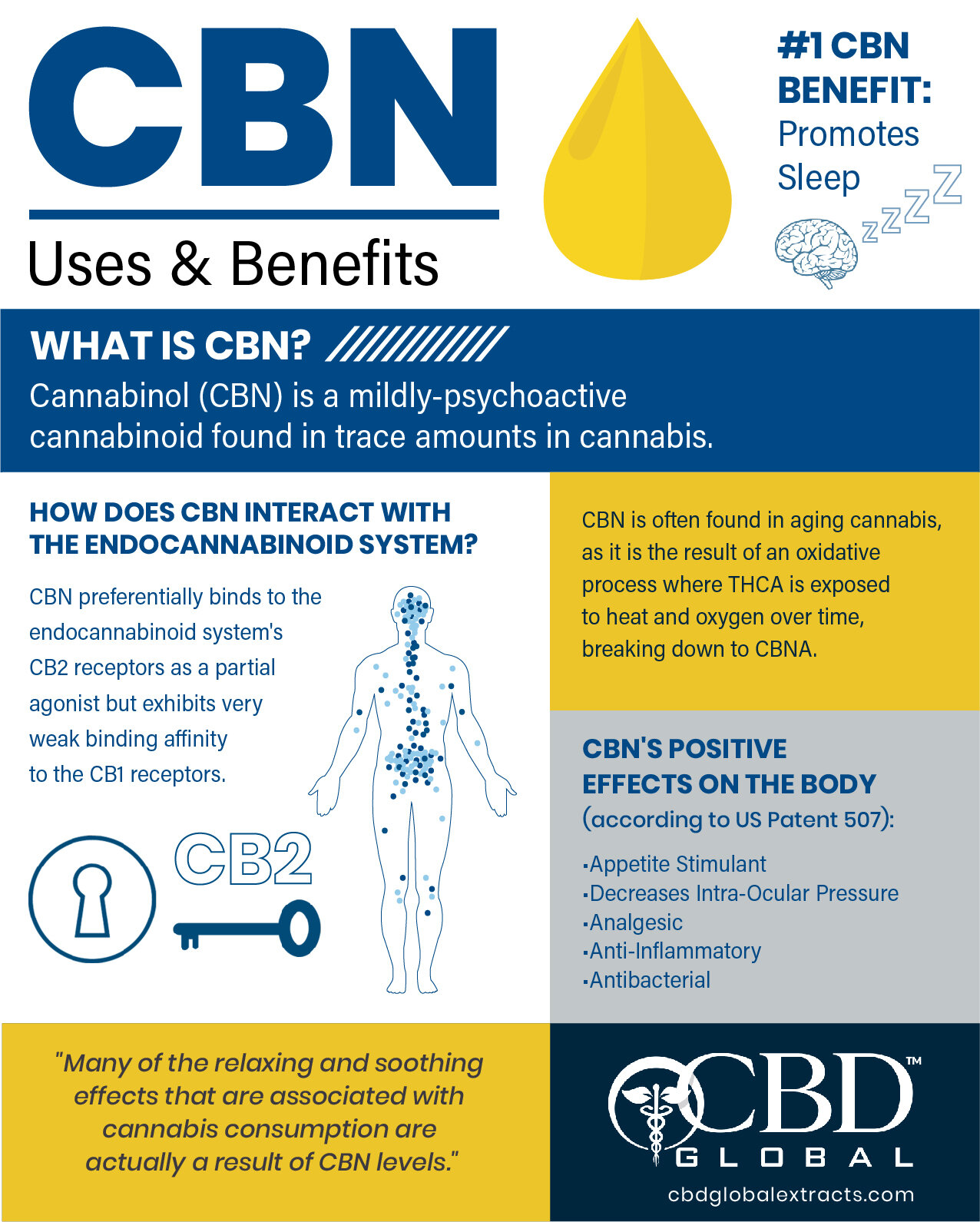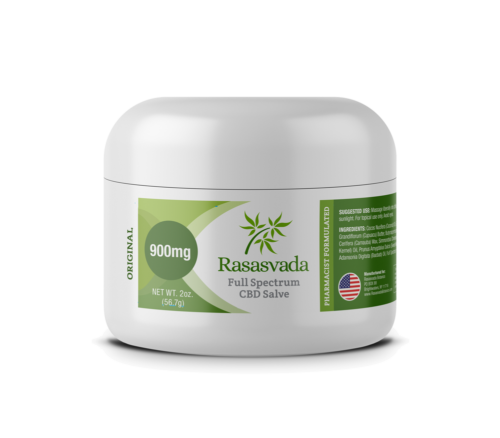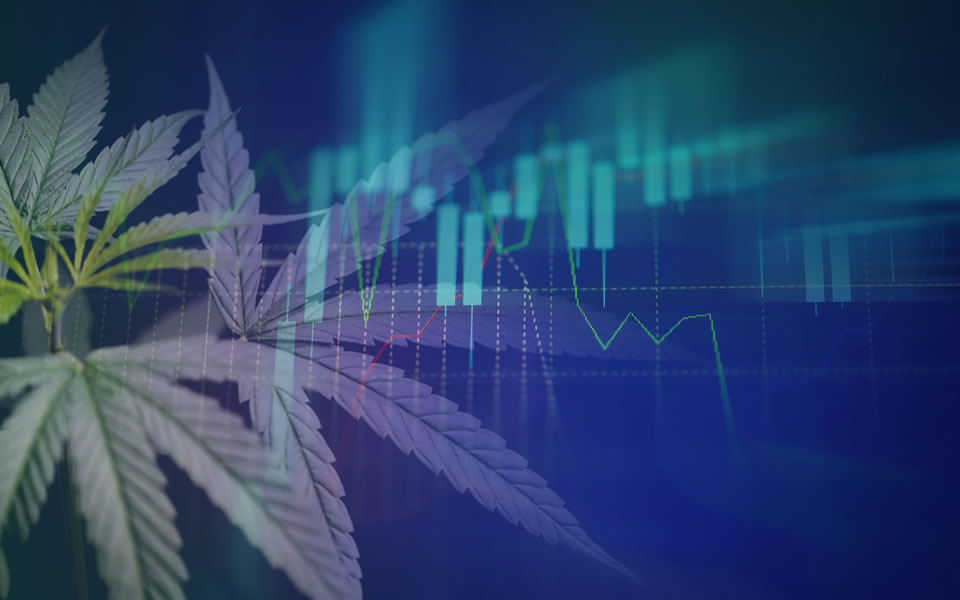
While sleep is essential for good health, we don't always get enough. Whether it's due to anxiety, depression, insomnia, or something else, CBD can help improve your nighttime rest and relieve some of the stress that keeps you awake.
The best way to decide if CBD is right for you is to do your research and talk to your doctor. You can have them help you weigh all the factors, including your medical history. They can also help you determine if you are taking any other medication or supplements that might affect your CBD usage.
Dosage and timing for sleep
Experts are not able to determine the right dosage of CBD for sleeping. Different people respond differently to CBD. You can experiment with different amounts of CBD to discover what works best for your body.

It is generally recommended that you take 25 to 1,500mg of CBD daily for your sleep. You should start with this low dosage and increase it gradually over time to see how your body reacts to it. Your body's response can also be affected by other factors like weight, metabolism, medication, and others.
How to get started with CBD for sleep
The first step in starting a CBD regimen for sleep is to make a note of your daily dosage and sleep patterns. This will allow you to get a better picture of how you react and will also help you track your progress and decide if you need a lower or higher dosage.
Try it out for a couple of days and see how you feel. You must be patient and understand that this can take some time for the effect to become full-fledged.
What to expect from cbd for sleep and anxiety
The good news is that many people report that CBD has a positive impact on their sleep and anxiety. For instance, a 2019 study involving 72 patients found that CBD was well tolerated and improved their sleep in 66 percent of the participants. A large analysis of the records of patients with anxiety or sleep issues who were treated with CBD revealed that their anxiety and sleep scores fell within the first month. However, they remained unchanged throughout the treatment and improved over the years.

What to look for in a CBD for sleep product
This mint-flavored CBD for Sleep product is an excellent choice. It will calm your mind and help you relax before bed. This tincture contains melatonin which is an all-natural hormone which regulates your sleep cycle. It's also combined with high-quality CBD to help support your natural sleeping patterns.
FAQ
What CBD products have the highest sales?
CBD products are all over the place these days. They can be used for anything, including pain relief or anxiety. The market is vast and growing rapidly.
But what do people buy CBD for? This is how it affects brand owners.
Statista says CBD products are popular for their relaxing properties. They are also used for their anti-inflammatory properties.
This means that if your product has both CBD and THC, then it can be sold for both recreational and medicinal purposes.
What about brands that focus on a specific purpose? It won't be able to compete if it sells CBD for pain relief.
A brand that focuses on CBD for medicinal purposes will also have a large customer base.
If a brand wishes to reach recreational users, they must create a unique selling point (USP). A USP basically refers to a unique selling point that sets a brand apart.
For example, some brands offer free shipping, while others offer discounts for bulk orders.
Is CBD a good place to invest?
The demand for hemp-based goods continues to rise as more people realize their benefits. According to some estimates, there will be 1 billion dollars worth of hemp-based products in stores by 2022.
The market is expected to continue growing at over 20% per year until 2020 when it reaches $2.5billion.
Hemp oil is already used in many beauty and health care products such as lotions, shampoos, lip balms, moisturizers, body butter, and skin creams.
Many companies also make CBD-infused snacks, pet food, treats, and other food products.
CBD is currently legal in all 50 states, although this may change soon. Businesses will find it easier to legally operate legally as more research is done on CBD's potential uses.
These are just a few of the many reasons CBD investment can be lucrative.
How can CBD products sold in a legally compliant manner by companies?
The FDA does NOT regulate hemp as an agriculture commodity. However, the agency regulates all other cannabis derivatives (e.g., marijuana) under the Controlled Substances Act. CBD has not been subject to any specific regulations.
CBD is legal at the state level in 29 states, but federal law still considers it illegal. This creates uncertainty for businesses looking to sell CBD products.
The FDA also maintains strict guidelines on how CBD products may be marketed. To make sure that CBD products are clearly disclosed about their THC content, the FDA has established strict guidelines. Companies cannot claim that CBD helps treat certain medical conditions without scientific evidence to support this assertion.
Additionally, the FDA requires manufacturers submit information about manufacturing practices and quality control. They also require companies to conduct clinical trials to prove safety and efficacy.
These factors should be considered by companies when they develop their marketing strategies.
How big does the global CBD market look?
The global CBD market was valued at $US 3.5 billion in 2015, according to Euromonitor International. This is an increase of more than 10% compared to 2014.
This figure is expected to grow at an average rate of 12% by 2020.
By 2020, CBD products will account for approximately half of all global hemp-derived products.
This includes CBD oils, as well other CBD products, including food, beverages cosmetics, pet care, and CBD oils.
Which are the top CBD brands?
These are the top five CBD brands that we have handpicked based upon quality, reliability, as well as value.
They offer high-quality CBD oil products that contain less than 0.2% THC.
We also recommend checking out our list of the best CBD sellers worldwide.
What's the future for the CBD industry?
The future is bright for the CBD industry. It's clear to see why so many people have jumped on this industry. This market is expanding exponentially with CBD products being purchased globally at a total of $1 billion.
In fact, according to Statista, global sales for cannabidiol (CBD) were expected to reach $22.4 billion in 2019. That's an increase of almost 200% from 2018!
A compound annual growth rate (CAGR) of 22.5% is predicted for the CBD market, which will translate into nearly $6.8 Billion in revenue by 2022.
This is great news for companies looking to enter this space as well as those already operating in the sector. But, it is important to remember that the CBD industry is still in its infancy. There will be many challenges.
Statistics
- OralWhere HED is the human equivalent dose, and Km is a correction factor estimated by dividing the average body mass (BM) of the species (60, 0.020, and 0.150 kg for 11 humans, mice, and rats, respectively) and by its surface area (see: Nair et al. (ncbi.nlm.nih.gov)
- While the primary injury may not be treatable, interventions that attenuate secondary sequelae are likely to be of benefit [203].Only one study (ncbi.nlm.nih.gov)
- A recent systematic review of human trials also reported that individuals with epilepsy receiving CBD (5–20 mg·kg−1·day−1) were more likely to experience decreased appetite than those receiving placebo (i.e., ~20 vs. 5% of patients) (ncbi.nlm.nih.gov)
- As a substance that was federally illegal before the passage of the 2018 Farm Bill, hemp-derived cannabinoids with no more than 0.3% THC still face a regulatory grey area. (forbes.com)
- The use of these products is likely to become even more widespread if the World Health Organization's recommendation that CBD no longer is scheduled in the international drug control conventions is adopted by the United Nations member states [201]. (ncbi.nlm.nih.gov)
External Links
How To
What are the most common problems in the CBD industry?
The market for CBD products continues to grow at an amazing rate. However, this market is still full of challenges for businesses that want to expand. These include a lack consumer awareness, high-cost entry, limited access capital and regulatory uncertainty.
Many consumers don't understand what CBD is and how it works. This means that consumers are unable make informed decisions about purchasing CBD products.
CBD companies are heavily dependent on word-of–mouth marketing. This is expensive as they must pay advertising costs and to hire staff to market their brand.
High production costs are another problem facing new entrants in the CBD industry. CBD products require a lot of raw materials. CBD oil can only be made if hemp is grown in the right climate and soil conditions.
Growing enough hemp to make CBD oil takes around $1,000 per acre. As a result, many small farmers cannot afford to start.
The lack of capital access is another obstacle new entrants to the CBD market face. Because of the stigma associated with this industry, many people are discouraged from opening a business.
The sale of CBD products is still subject to regulatory uncertainty. There are currently not clear guidelines as to how CBD products should marketing.
Some states have passed legislation restricting the sale of CBD products, but this has yet to become national policy.
Only Nevada and Maine have so far legalized recreational marijuana.
However, some states like Massachusetts and Michigan are considering similar measures.
These changes could mean that CBD manufacturers will be more competitive.
As a result of these factors, many entrepreneurs choose to work from home rather than start a physical business.